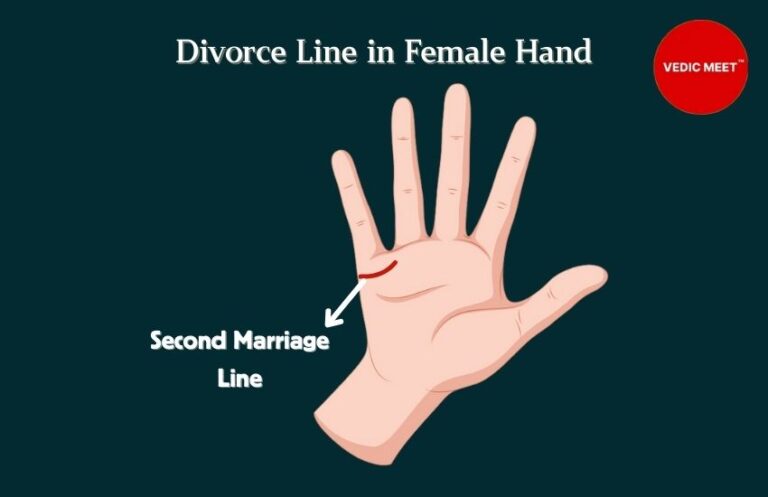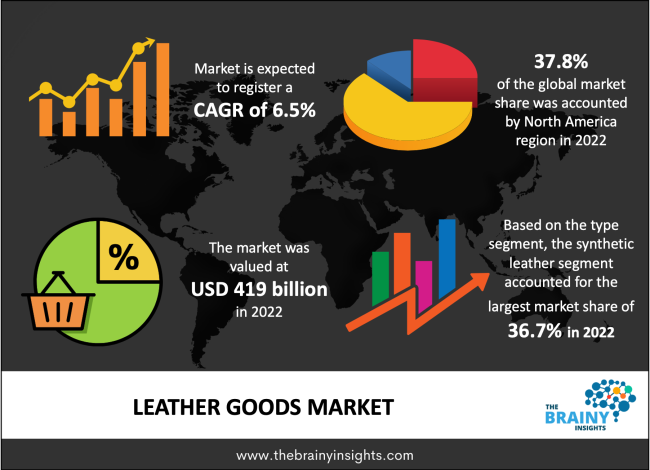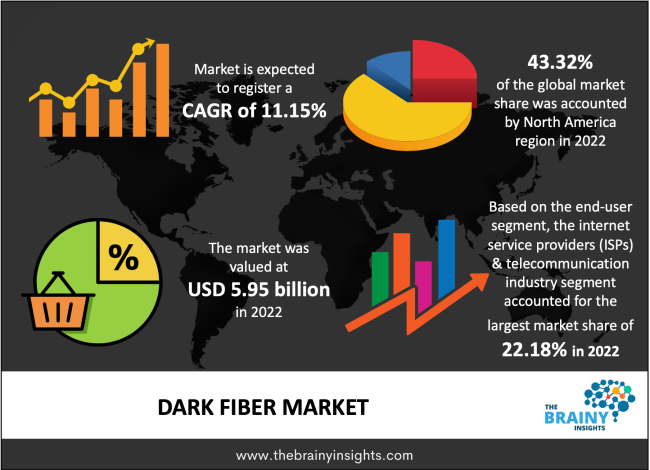Quantum Dots Market
According to Market Research Future (MRFR), the global quantum dots market is estimated to grow from USD 2,520.98 million in 2018 to USD 8,151.07 million by 2030, at a CAGR of 26.45% from 2023 to 2030 (forecast period). The report offers a thorough understanding of the global situation, the economic situation, and the COVID-19 analysis of the overall industry.
Quantum dots are tiny crystals that can transform light from one color to another in an efficient manner. Quantum dots are progressively used in different applications due to advantages such as low energy consumption and vibrant displays.
Get a FREE sample @ https://www.marketresearchfuture.com/sample_request/8708
Market Dynamics
The rising demand for quantum dots in display devices and the energy efficiency provided by quantum dots are some of the main factors driving the quantum dot display market’s growth. Nevertheless, the slow rate of adoption of the technology and the use of heavy metals as raw materials limits the development of the global market for quantum dots.
Market Segmentation
The global quantum dots market has been segmented based on the product, material, and vertical.
By product, the global quantum dots market has been segmented into displays, solar cells, photodetectors, lasers, LED, transistors, and others. The display segment is predicted to dominate the market. Quantum dots nanocrystals are part of the light-emitting technology consisting of nano-scale crystals and are commonly used in display technologies, providing high efficiency and enhanced color quality.
By material, the global quantum dots market has been segmented into cadmium selenide, cadmium sulfide, cadmium telluride, zinc sulfide, indium, silicon, and others. The cadmium selenide segment is expected to lead the market during the forecast period. However, the highest CAGR is expected to be reported by the zinc sulfide segment. Growing investments are being made in the market to develop quantum dot material that is cadmium free. For example, in 2019, Nanolumi — a Singapore-based advanced materials company — launched the first cadmium-free, perovskite quantum dot (PeQD) color enhancement film for quantum dot displays.
By vertical, the global quantum dots market has been segmented into consumer, telecommunication, commercial, healthcare, defense, and others. The consumer vertical is expected to lead the market during the forecast period. The rising demand for miniaturized display technologies and energy-efficient solutions boosts the market growth of the quantum dot. In addition, quantum dots are increasingly used in displays, providing benefits such as high brightness and wavelength that improve both efficiency and color performance.
Key Players
The leading players profiled in the global quantum dots market research report are Nanosys, Inc. (US), Ocean NanoTech (US), Nanoco Group PLC (UK), QD Laser, Inc. (Japan), QD Vision (US), Quantum Material Corp. (US), Altair Nanotechnologies Inc. (US), NN-Labs, LLC (US), OSRAM Licht AG (Germany), Crystalplex Corp. (US), Navillum Nanotechnologies (US), UbiQD, Inc. (Mexico), LG Display Co., Ltd (South Korea), Pacific Light Technologies (US), and Nano Elements Source, LLC (US).
View FULL report @ https://www.marketresearchfuture.com/reports/quantum-dots-market-8708
Regional Analysis
The geographical analysis of the global quantum dots market has been done for North America, Europe, Asia Pacific, and the rest of the world.
North America is expected to have the largest market share in quantum dots from 2019 to 2025. The US creates substantial demand for QLEDs due to the early adoption of quantum dot technology. In addition, increased awareness of health and fitness among the population is projected to fuel regional demand for quantum dots throughout medical and bio-imaging applications.
Asia Pacific is expected to have the highest CAGR during the forecast period. The area has the presence of major electronics companies such as LG and Samsung, which are continually investing in quantum dot technology to create innovative products. China and Japan have the highest demand for quantum dots in the region.













